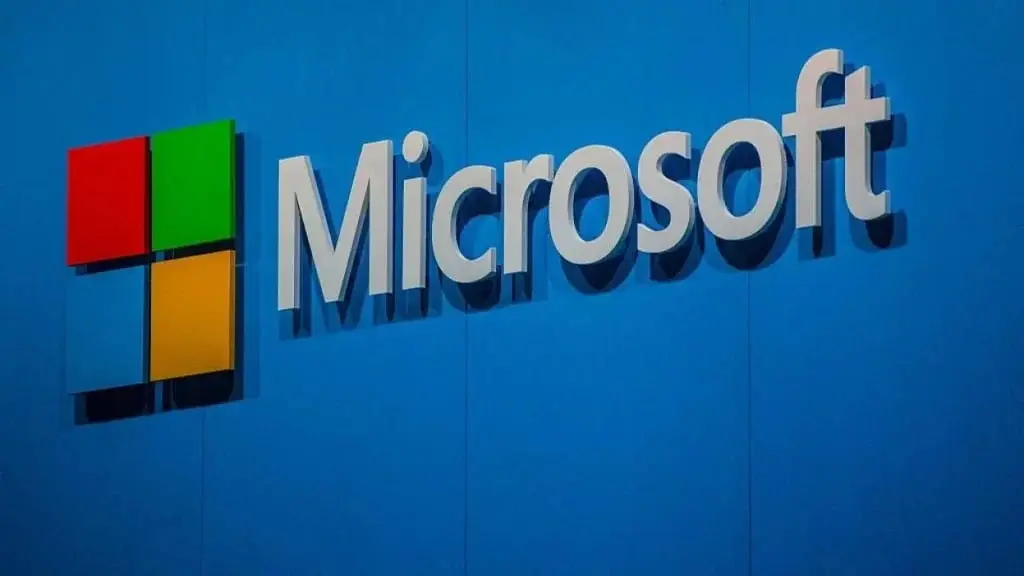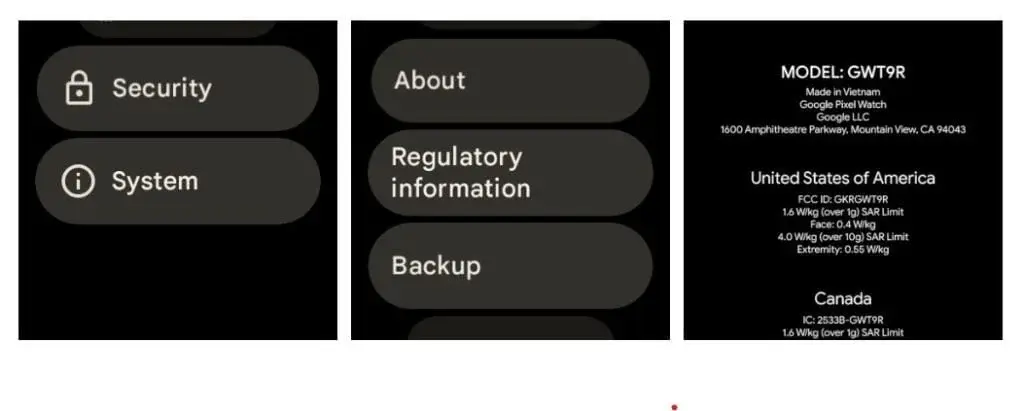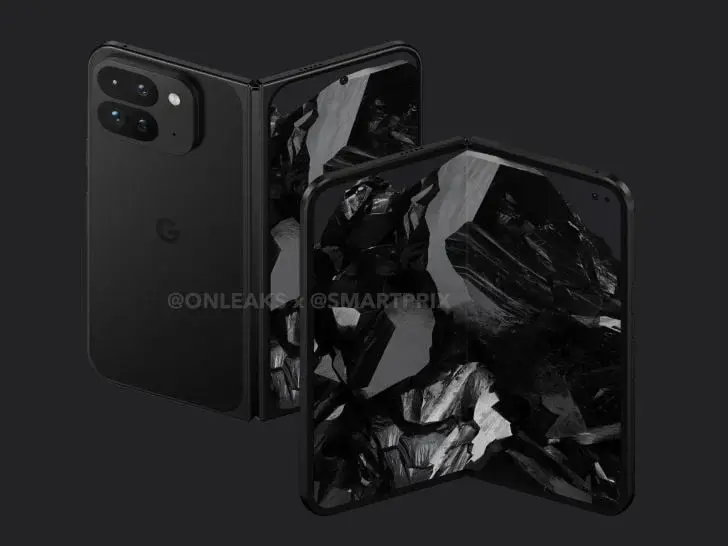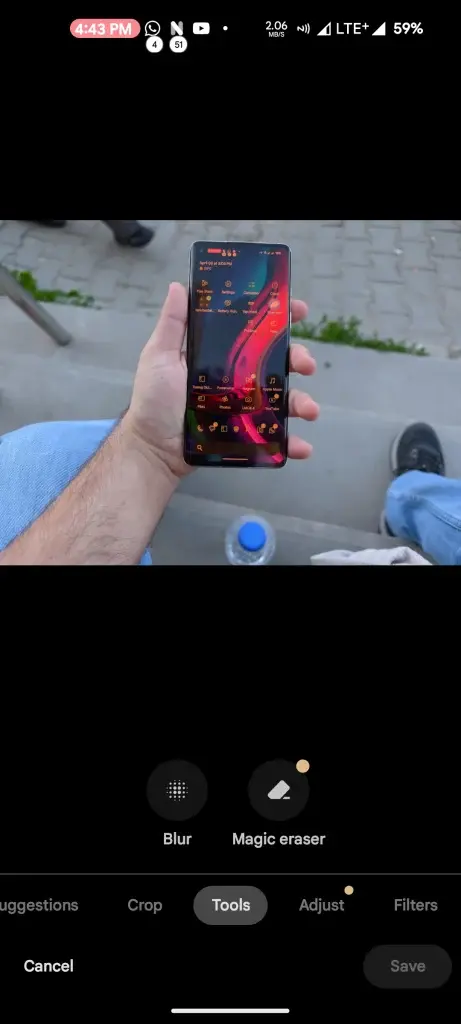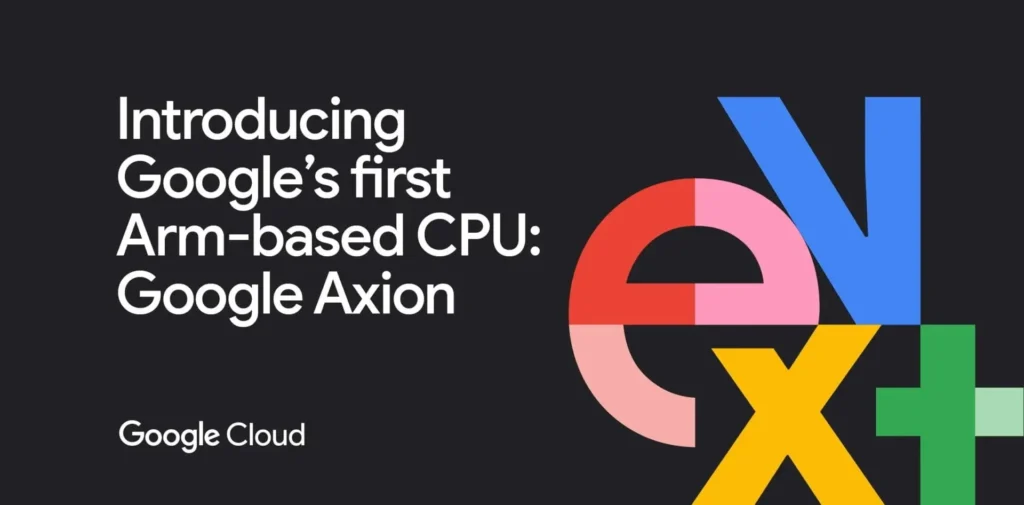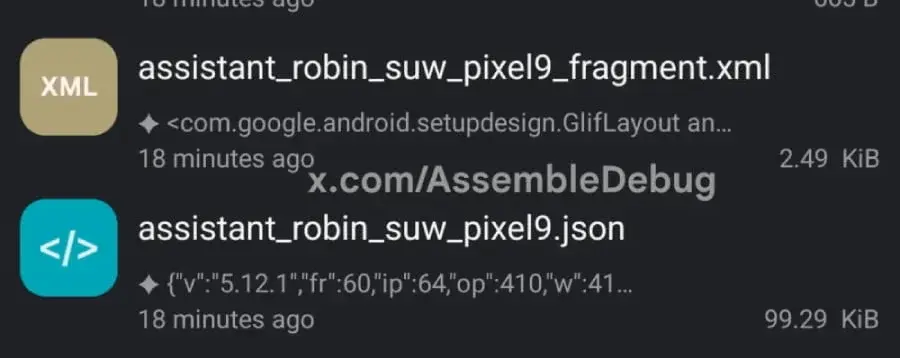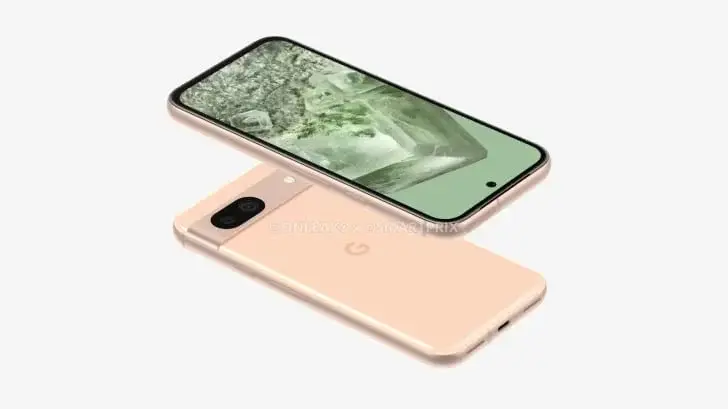Microsoft’s Internal Emails: Competition with Google AI
Microsoft‘s leaked internal communications reveal a strong emphasis on narrowing the gap with Google in the realm of artificial intelligence (AI). In a 2019 email, Chief Technology Officer Kevin Scott expressed serious concerns to CEO Satya Nadella and co-founder Bill Gates regarding Microsoft's lag behind Google in AI advancements. Scott admitted that Microsoft had underestimated the […]
Microsoft’s Internal Emails: Competition with Google AI Read More »

